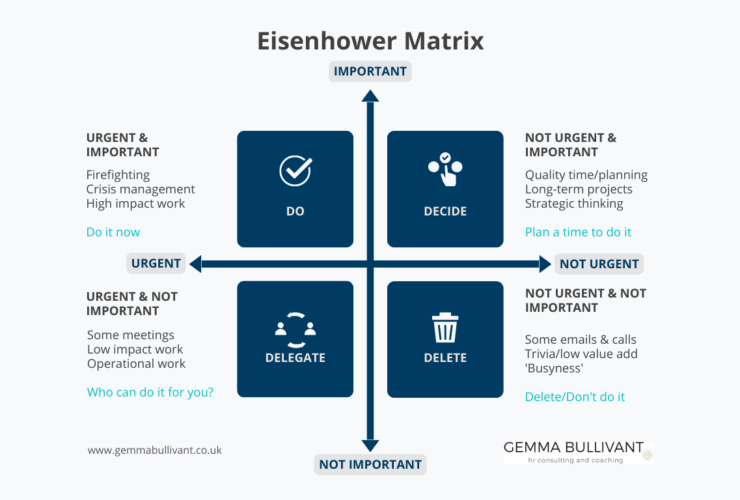Gravitas, executive presence, and confidence are pivotal elements in effective leadership. Yet, the standard definition of gravitas as projecting seriousness or loftiness often falls short. In reality, gravitas encompasses much more—it’s about having the credibility and presence that compels others to welcome your ideas and contributions.
Take a moment to list the people you know or have known, that you would say ‘have gravitas’.
What is it about those individuals that compelled you to put them on your list? What qualities and behaviours do they exhibit? Are they exactly alike, or are they in fact quite different?
My guess is they will be a bit different – some may exude quiet confidence, conveying a subtle self-assuredness that commands attention. Others might display a more assertive demeanour, projecting their presence in a more extraverted manner.
It’s a personalised trait – we each possess our own version of gravitas.
Strategic Curiosity
A crucial aspect of cultivating gravitas lies in embracing strategic curiosity—asking thought-provoking questions that demonstrate genuine interest not only in the subject matter but also in the perspectives of others.
This goes beyond mere inquiry; it involves posing specific, insightful questions that stimulate meaningful dialogue. For instance, instead of a generic question like “What do you think?”, consider delving deeper with a question like “How do you envision this initiative aligning with our long-term strategic goals?”
But for many of us, asking questions at all can often be hindered by fear—fear of appearing ignorant, fear of revealing a gap in knowledge, or fear of uncertainty. Overcoming these barriers requires venturing out of our comfort zones and into the realm of learning. It entails acknowledging and confronting our fears head-on, recognizing that growth occurs when we embrace new experiences and challenges.
So to ease the transition, start with simple, open-ended questions to initiate dialogue. As you become more comfortable, gradually progress to more complex or specific questions. This incremental approach allows for gradual growth and confidence building, enabling you to feel gradually more comfortable to ask questions.
Asking Questions
Asking questions isn’t just a skill; it’s a strategic leadership skill—one that fosters deeper understanding and enriches collective knowledge.
Questions are catalysts for reflection, sparking insights, and driving innovation. They also play a pivotal role in building trust and strengthening relationships by demonstrating a sincere curiosity about others’ perspectives.
In meetings and discussions, the impact of asking questions often surpasses that of providing answers. It signals active engagement and a willingness to learn from diverse viewpoints. For example, a well-timed question like “What are the potential implications of this decision for our stakeholders?” can stimulate critical thinking and lead to more informed decision-making.
Embracing a mindset of curiosity over judgment is key. Above all, recognise that asking questions is not a sign of weakness but rather a pathway to growth and development.
At Gemma Bullivant, we offer an array of HR and leadership coaching services. Contact us today, for more information.



